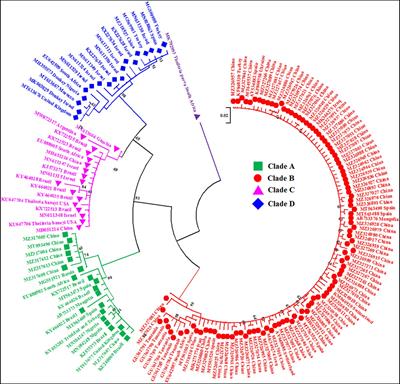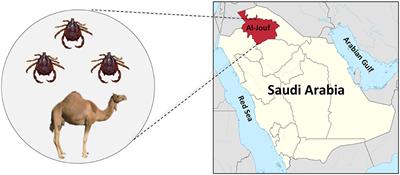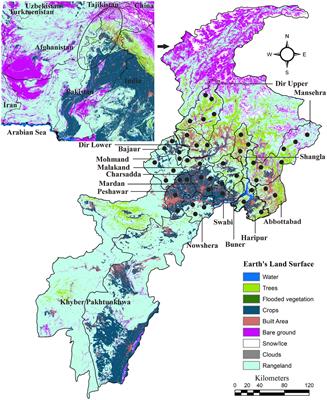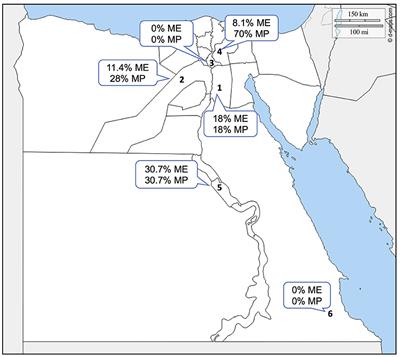EDITORIAL
Published on 13 Sep 2024
Editorial: Molecular epidemiology and phylogeny of tick-borne pathogens in ixodid ticks and vertebrate hosts
doi 10.3389/fvets.2024.1464982
- 514 views
1,820
Total downloads
10k
Total views and downloads
EDITORIAL
Published on 13 Sep 2024
ORIGINAL RESEARCH
Published on 15 Mar 2024

ORIGINAL RESEARCH
Published on 14 Dec 2023

ORIGINAL RESEARCH
Published on 28 Nov 2023

ORIGINAL RESEARCH
Published on 28 Apr 2023
